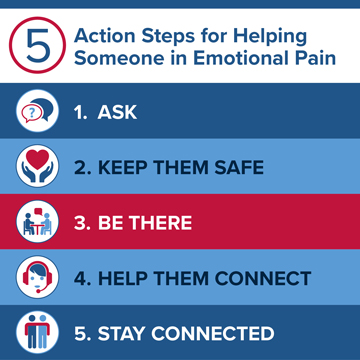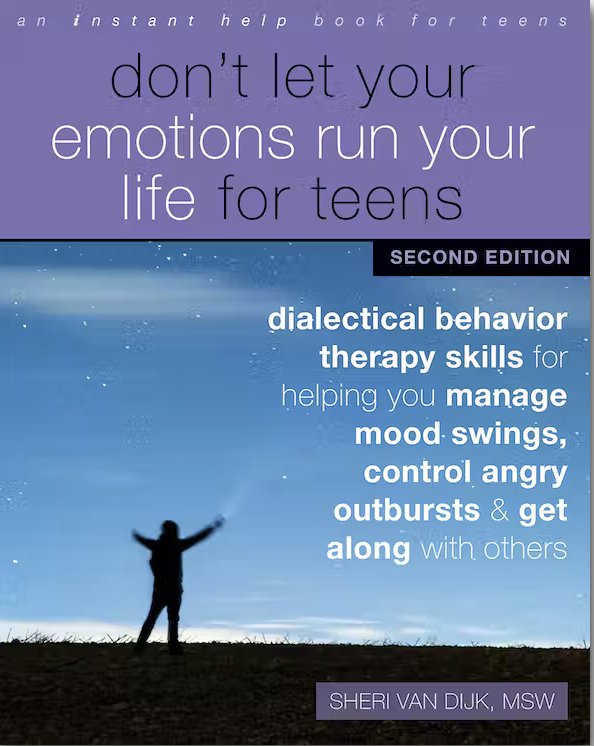
Action Steps for Helping Someone in Emotional Pain [downloadable]
Suicide is a major public health concern and a leading cause of death in the United States. Suicide affects people of all ages, genders, races, and ethnicities. Suicide is complicated and tragic, but it can be preventable. Knowing the warning Read more >>











